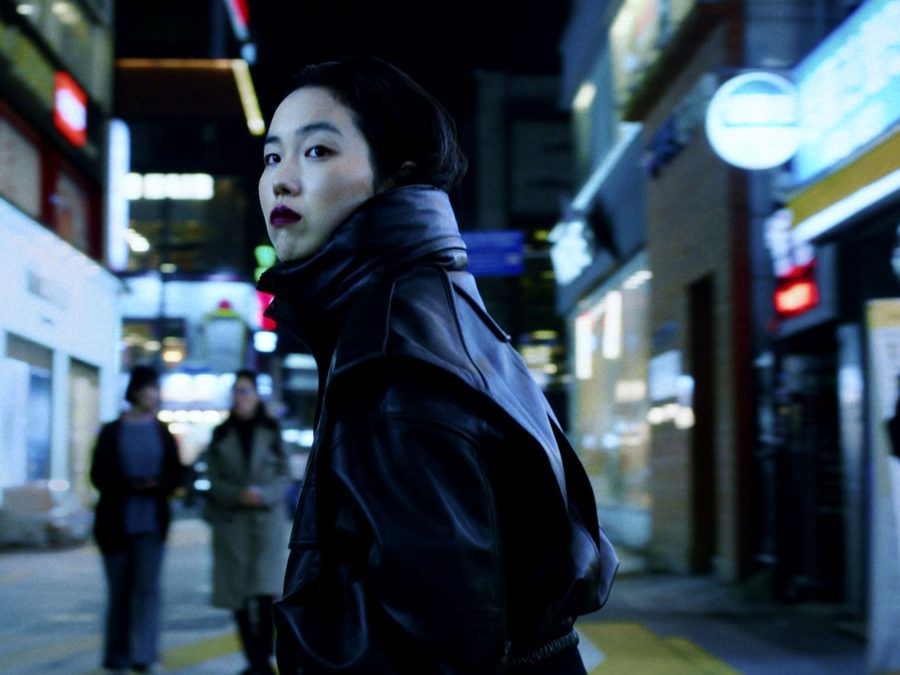There is a romanticism around wanderlust which doesn’t always make sense. The idea of aimlessly travelling and taking in foreign cultures, customs and flavours is nice in theory, but what if you lose yourself in the process? Or started this whole thing hoping to find a way out, or back into yourself, but with no luck?
Freddie (Park Ji-Min) hasn’t been lucky for a while. The spiky young French woman of Korean heritage at the heart of Davy Chou’s dynamic Return to Seoul takes two weeks off work to go to South Korea for the first time, quickly told her face is like a “longtime Korean” and her birth name, Yeon-hee, means “docile and joyful”. Nothing makes sense, but she has to live with it after the holiday is over.
What begins as an accidental fortnight of soul-searching shifts into something broader, more ambitious in scope and somewhat haunting in Chou’s third feature. Freddie is quickly, accidentally, told she is able to seek out her biological parents at an adoption agency, but under strict conditions. A dilemma is thrown up: is she being lied to? Does translation (Freddie speaks little Korean, relying on friends to translate into French) capture all the nuance she needs? What if she’s better off alone?

Chou crafts a fascinating portrait of a broken family and the frustrated, fractured identities in his remarkable story that refuses to paint Freddie as either victim or a hero, without turning her into somebody fully despicable either. She can be all of it: lonely and upset; domineering and threatening; and maybe a little rude. She hates her birthday, sells missiles, could wipe anybody from her life with a snap of her fingers. The nuances of Park’s first-ever screen performance are staggering.
By the time Freddie does meet her estranged mother, where a lot of filmmakers might let slip a bit of melodrama sludge to sweeten things, Chou holds back. It’s not cruel, but never deluded either. It’s unsettling how much this journey defies convention – two weeks takes up half the film, and suddenly it’s seven years later where everything has changed, yet so little has actually happened. Tension and intimacy go hand in hand: gently stroking a bolt inserted beneath a collarbone is the closest thing a father will get to showing his daughter affection. An email will bounce. She will continue to hike, to play piano, be alone.
Vivid colours and a tetchy, vibrant score buoy the film along as it twists and turns throughout Freddie’s life, never loosening its grip on the stubborn defensiveness that colours her identity. The film isn’t inconclusive but its time and continent-sweeping structure is anything but conventional: and that’s what makes the mercurial Return to Seoul, in the end, so remarkable.
Little White Lies is committed to championing great movies and the talented people who make them.
ANTICIPATION.
A lot of fresh faces, but those are where the best discoveries lie. 3
ENJOYMENT.
Park Ji-min! What a revelation! 4
IN RETROSPECT.
This one will stand the test of time: knotty, electric, powerful, soul-searching. 4
Directed by
Davy Chou
Starring
Park Ji-Min, Oh Kwang-Rok, Guka Han
The post Return to Seoul appeared first on Little White Lies.


0 Comments